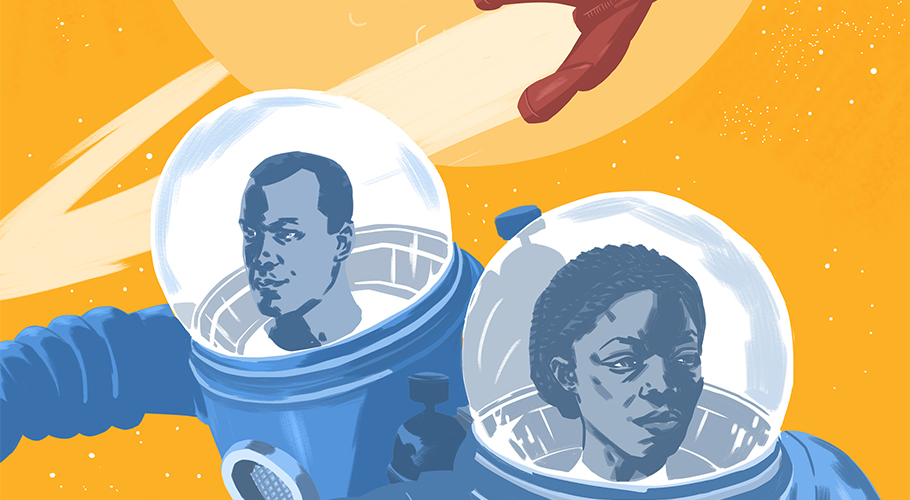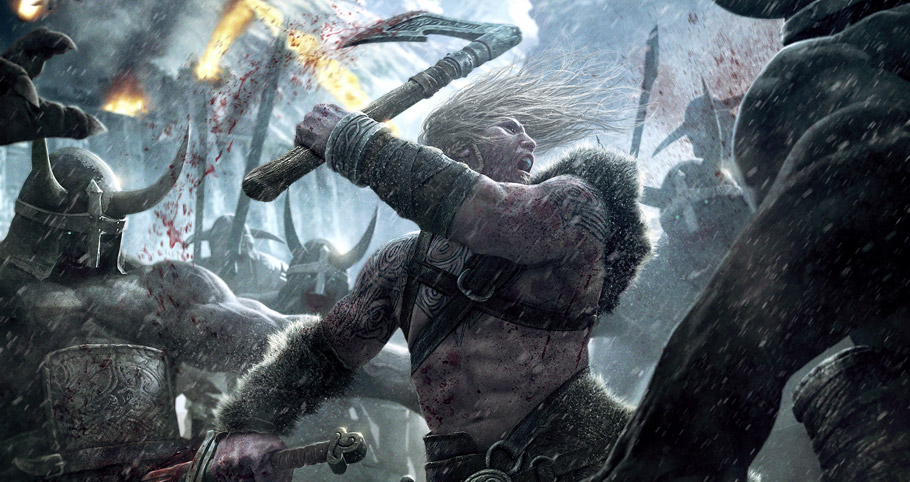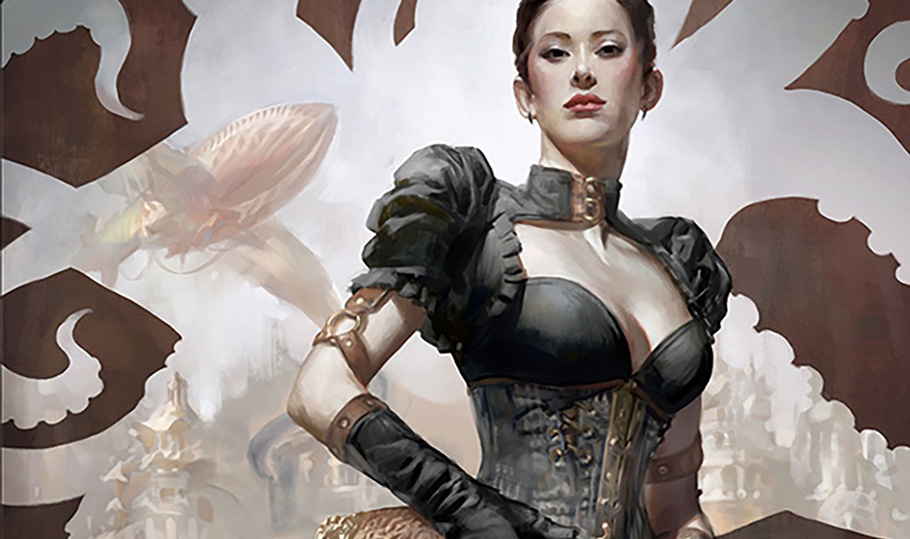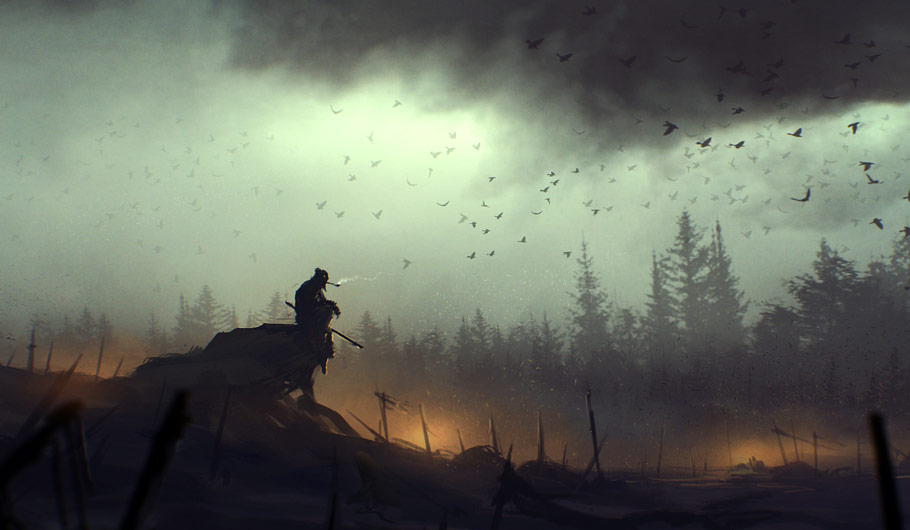As we are currently running the Uncanny Magazine Year Two Kickstarter, here’s a look back at how we accomplished the first one.
The Pithy Version
- Decide you really enjoy spending quality time with spreadsheets.
- Spend 150% more time sending email than you planned. You are now a professional emailer.
- Come up with an awesome mascot as an off-the-cuff joke to your designer.
- Love short SF/F. A lot. To the point of unreasonableness. Recommend and promote the stories you love in other venues for years, so people begin to trust your exquisite taste.
- Make peace with the notion that you will not be up to date on any of the latest TV series or films.
- Develop a stubborn streak (if you don’t have one already).
- Work as a submissions editor, or an associate editor, or just buy an established editor a drink or an appetizer so you can learn more about what they do.
- Learn about taxes.
- Learn about running small businesses.
- Learn about ebook formatting. In a minimum of 3 file types.
- Learn to lie about deadlines to contributors. Always.
- Have a plan B, C, D, and E for when things inevitably fall apart. Probably F, just in case.
- Buy plenty of bourbon and/or chocolate.
- Publish an issue you’re proud of featuring your best work, but always strive to make the next issue even better.
- Another 712 things we’re trying to remember. We know we wrote them down somewhere.
The Less Pithy Version
When we decided to Kickstart our own magazine, Uncanny Magazine, we’d been building up the skills to do it for many years. We had worked as editors on several nonfiction anthologies and Apex Magazine. We felt we knew how to edit a magazine that would be special based on our vision and previous successes (award nominations and increased sales wherever we were). We quite successfully Kickstarted an anthology, Glitter & Mayhem, with John Klima, who had some Kickstarter experience already. We learned a lot about Kickstarter from that project, but it’s always a challenge to move from a one-and-done project model to an ongoing magazine. We talked to magazine editors and publishers about how they did things, including John Joseph Adams, Christie Yant, Neil Clarke, Sheila Williams, C. C. Finlay, Irene Gallo, Julia Rios, and Sonya Taaffe. We talked to authors like Tobias Buckell, who has done some excellent analysis of how to Kickstart a project. Read More »




